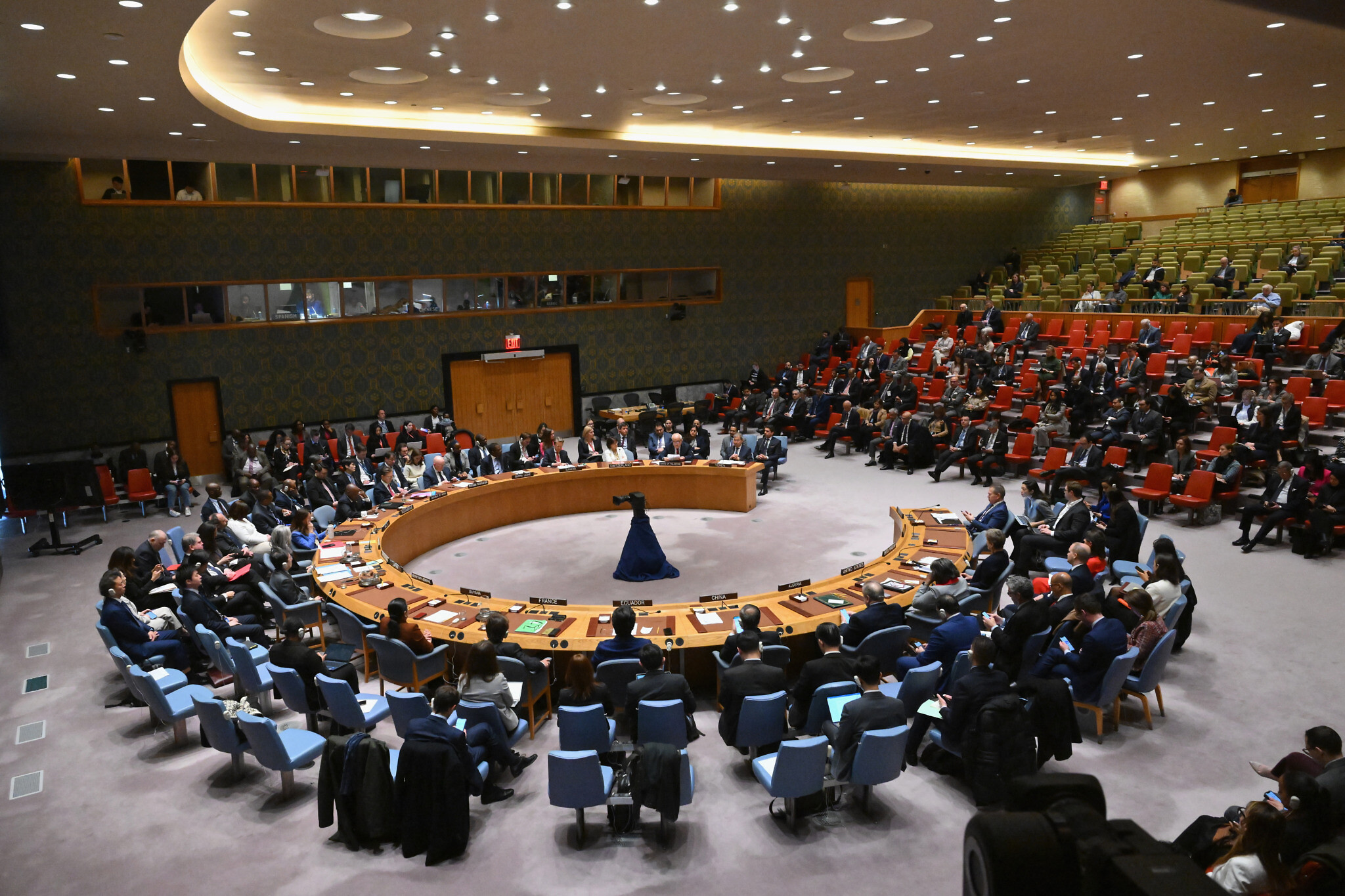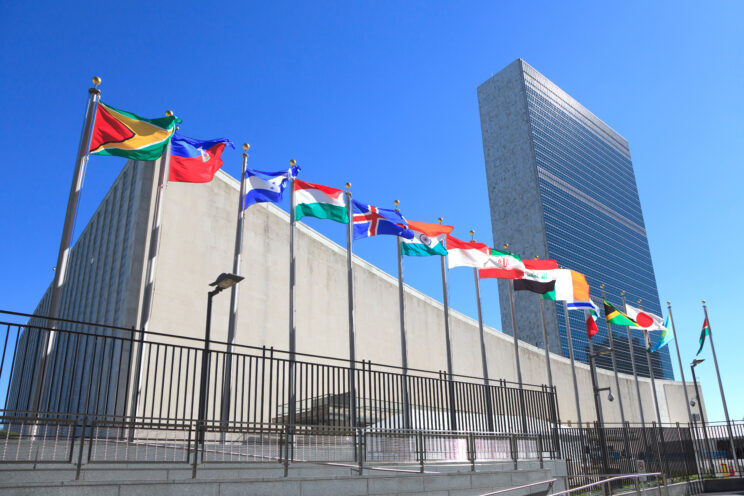
Edited by Edson Baraukwa | Africa Guardian

Africa’s push for increased representation on the United Nations (UN) Security Council is driven by three key motivations: rectifying historical injustices, recognizing the continent’s role in shaping the modern world, and reinforcing the legitimacy of the UN amidst evolving global threats.
Historical Context and Injustice
The call for Africa to secure two permanent seats on the UN Security Council stems from a deep-seated desire to address the historical imbalance in global governance. The Ezulwini Consensus, adopted by African leaders at the African Union’s fifth ordinary session in Sirte, Libya, in 2005, reflects Africa’s demand for full representation in all UN decision-making bodies, particularly the Security Council.
Over the past 80 years, Africa’s experience with the UN has been marked by misrepresentation and marginalization. The global perception of Africa often focuses on its challenges rather than its contributions, and the continent is excluded from permanent membership of the Security Council, with limited representation as non-permanent members. Africa’s unified stance on UN reform advocates for at least two permanent seats with veto power, alongside five non-permanent seats.
Outdated Structure and Need for Reform
The structure of the Security Council—comprising five permanent members with veto power and ten non-permanent members serving two-year terms—reflects the geopolitical realities of the post-World War II era. Given that Africa represents 54 of the UN’s 193 member states and 17% of the global population, its exclusion from permanent membership is a glaring anomaly.
The Security Council’s credibility has been questioned due to its inability to effectively address major conflicts. Expanding its representation and democratizing its processes is crucial for enhancing its legitimacy and effectiveness in tackling future security challenges.
Addressing Historical Wrongs
The quest for fair representation on the Security Council also seeks to correct the “historical injustice” inflicted upon Africa over the centuries. The transatlantic slave trade, which forcibly transported 12 to 15 million Africans, and the subsequent colonial exploitation laid the groundwork for Africa’s enduring socio-economic challenges. The Berlin Conference of 1884, which divided Africa among European powers, further entrenched systems of extraction and oppression that continue to impact the continent’s governance and development.
The legacy of these injustices is evident in ongoing conflicts and economic disparities. Despite dominating the Security Council’s agenda—accounting for nearly 50% of its meetings and 70% of its resolutions—Africa remains without a permanent seat, reflecting a broader pattern of exclusion from key decision-making processes.
Africa’s Contribution to the UN
Africa has been a significant contributor to the UN’s success, rather than merely a recipient of aid. The continent’s advocacy led to the expansion of the Security Council from 11 to 15 members in 1965, including additional seats for Africa. African states have played a pivotal role in shaping UN policies, such as declaring apartheid a crime against humanity and contributing to peacekeeping missions globally. African nations have also made strides in promoting peace and security, including leading efforts to address unconstitutional changes of government and lobbying for poverty reduction and small arms control.
Ensuring UN Legitimacy
Reforming the UN is vital to maintaining its legitimacy in the face of new and emerging security threats, including climate change, pandemics, and advancements in technology such as artificial intelligence. The failure to resolve significant conflicts in recent decades has undermined the institution’s credibility. A more representative Security Council is essential for fostering cooperation and addressing global challenges effectively.
Looking to the Future
As the UN approaches its centenary in 2045, Africa’s population is projected to reach 2.3 billion, making up 25% of the global population. The continent’s youth will drive global economic growth and consumption. It is imperative that the Security Council evolves to reflect the contemporary global landscape and the diverse perspectives of all humanity.
___
